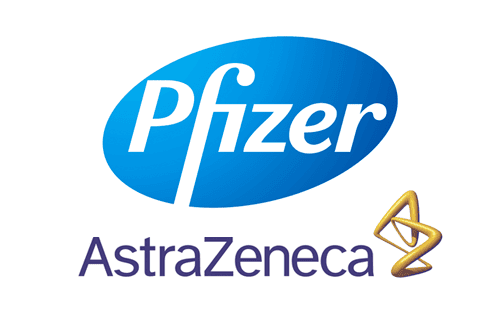
With big pharma companies seemingly intent on slimming down at the moment, the rumour that Pfizer is looking to acquire AstraZeneca (AZ) in a $101bn deal seems like a step back in time.
If confirmed, the deal would be much bigger than any consummated in the late 1990s and 2000s, including Pfizer’s own $68bn acquisition of Wyeth in 2009, the $74bn merger that created GlaxoSmithKline (GSK) in 2000 and the $56bn acquisition of Pharmacia by Pfizer in 2002.
A report in the Sunday Times suggests that talks between the two companies were actually held several months ago but have lapsed, adding that Pfizer is likely to try a hostile attempt as AZ resisted its initial overture. Meanwhile, other commentators have been quick to point out the merits of the deal.
Pfizer would be able to tap into a reinvigorated AZ pipeline that has been bolstered with a series of licensing deals and acquisitions in the last couple of years, including the recent purchase of rights to a diabetes franchise formerly co-owned with Bristol-Myers Squibb (BMS) and a well-regarded cancer pipeline that includes a number of immunotherapies.
For its part, the US drug major has a large pipeline – although it lacks candidates with big sales potential – and has a stated ambition to boost its position in oncology. The merger could also provide an opportunity for Pfizer to invest its approximately $70bn in cash reserves outside the US and reduce its tax burden and provide significant cost-saving opportunities.
Meanwhile, Pfizer has started to emerge from a patent cliff while AZ is still facing expirations on key earners such as gastrointestinal therapy Nexium (esomeprazole) and cholesterol-lowerer Crestor (rosuvastatin).
Analyst Andrew Baum of Citi said in a research note yesterday he expects Pfizer to “push aggressively” for a merger, while there is already speculation that the publicity surrounding the negotiation will flush out other potential suitors, including Novartis and GSK, that have been linked with AZ in the recent past.
It has been argued that mega-mergers have been an exercise in destroying value in the pharma sector, with the challenges and disruption associated with bringing together two corporations outweighing the effect of combining pipelines, increased marketing muscle and cost-savings.
However, a recent report from McKinsey & Co turned that viewpoint on its head, suggesting that at least in terms of shareholder value and profits mega-mergers worked and – in some cases – were critical for the long-term sustainability of the acquiring companies.




